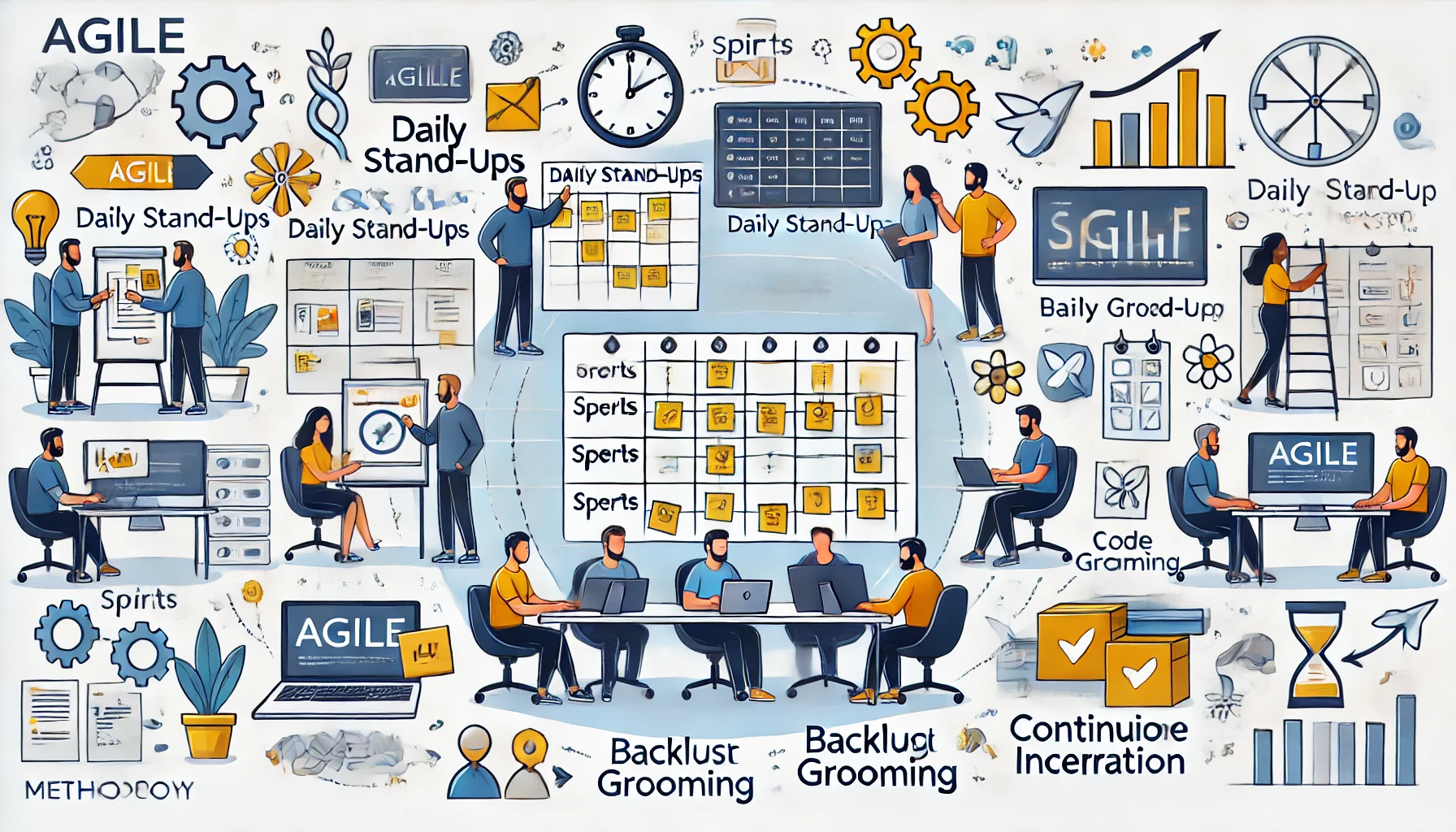The Dawn of New Generation Software Development
The landscape of software development is undergoing a revolutionary transformation, driven by advancements in technology, evolving methodologies, and the ever-growing demand for innovative solutions. This new generation of software development is characterized by a focus on agility, collaboration, automation, and continuous improvement. Here’s a closer look at the key trends and practices shaping the future of software development.
Agile and DevOps Methodologies
Agile and DevOps methodologies have become the cornerstone of modern software development. Agile focuses on iterative development, where requirements and solutions evolve through collaborative efforts. DevOps extends this by fostering a culture of collaboration between development and operations teams, emphasizing continuous integration, continuous delivery (CI/CD), and automation.
Artificial Intelligence and Machine Learning
AI and machine learning (ML) are transforming how software is developed and maintained. These technologies enable predictive analytics, automated testing, and intelligent code completion, reducing the time and effort required for development and ensuring higher-quality software.
Microservices Architecture
Microservices architecture breaks down applications into smaller, independent services that can be developed, deployed, and scaled individually. This approach enhances flexibility, scalability, and resilience, making it easier to manage complex applications.
Cloud-Native Development
Cloud-native development leverages cloud environments to build and run scalable applications. This includes using containerization (e.g., Docker), orchestration (e.g., Kubernetes), and serverless computing. Cloud-native applications benefit from the cloud’s flexibility, scalability, and cost-efficiency.
Low-Code and No-Code Platforms
Low-code and no-code platforms democratize software development by enabling non-developers to create applications through visual interfaces and pre-built components. These platforms accelerate development cycles and reduce the dependency on highly skilled developers.
Enhanced Security Practices
With the increasing complexity and interconnectivity of software systems, security has become paramount. Modern development practices integrate security from the outset, adopting a “shift-left” approach where security is addressed during the early stages of the development lifecycle.
Continuous Integration and Continuous Delivery (CI/CD)
CI/CD practices automate the process of integrating code changes and delivering them to production. This ensures that new features, updates, and bug fixes are released faster and more reliably, enhancing the overall efficiency of the development process.
Remote and Distributed Teams
The rise of remote work has led to the proliferation of distributed software development teams. Modern collaboration tools and practices enable seamless communication and project management, ensuring that teams can work effectively regardless of their geographic location.
Conclusion
The new generation of software development is marked by a focus on agility, innovation, and continuous improvement. By embracing modern methodologies, leveraging advanced technologies, and fostering a culture of collaboration, organizations can develop high-quality software that meets the ever-evolving demands of the market. As technology continues to advance, the future of software development promises to be even more dynamic, efficient, and exciting.

